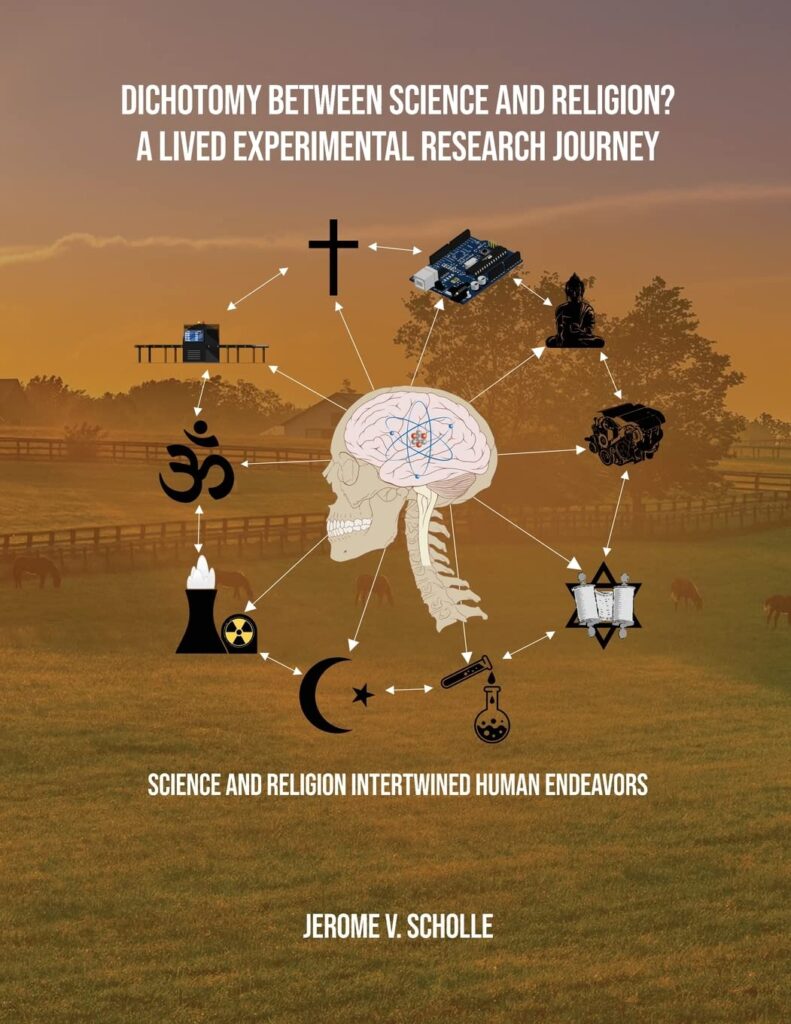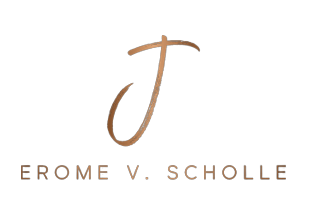In our journey through life, we often encounter terms like spirituality and religion, sometimes used interchangeably but carrying distinct meanings. Exploring the nuances between these concepts reveals a fascinating interplay of personal experiences, beliefs, and organized practices. In this blog post, we delve into the distinction between spirituality and organized religion, examining their differences and similarities while drawing insights from Jerome V. Scholle’s book, “Dichotomy Between Science and Religion? A Lived Experimental Research Journey Science and Religion Intertwined Human Endeavors.”

Spirituality: A Journey of Inner Exploration
Spirituality is fundamentally the search for meaning, purpose, and a connection to something more than oneself. Spirituality places more of an emphasis on individual expression, personal experiences, and inner growth than organized religion, which frequently requires allegiance to particular doctrines and practices. Spiritual seekers pursue transcendence, wisdom, and self-discovery through various means such as meditation, prayer, hiking, or contemplative activities. Being essentially subjective, spirituality encourages people to consider their morals, beliefs, and connection to the holy or divine.
Religion: Following Organize Principles and Practices
On the other hand, adhering to set doctrines, customs, and communal practices within a particular faith tradition is what is meant by organized religion. Religious organizations offer structures for moral instruction, worship, and a sense of community that are frequently based on canonical teachings, doctrines, and sacred texts. Religion adherents take part in group rites, celebrations, and ceremonies that uphold common convictions and provide a feeling of community. Even while religious rituals and beliefs differ greatly, most religions provide their followers with a feeling of moral order, social cohesiveness, and spiritual support.
Intersection and Divergence: Navigating the Relationship
Despite their differences, spirituality and religion intersect in significant ways, with many individuals incorporating elements of both into their spiritual journeys. Some religious traditions emphasize the importance of personal spirituality alongside communal worship and adherence to religious teachings. Likewise, spiritual seekers may draw inspiration from religious texts, symbols, and practices while maintaining autonomy in their spiritual exploration. However, tensions can arise between institutionalized religion and individual spirituality, particularly when personal beliefs diverge from established dogma or when institutional structures prioritize conformity over personal authenticity.
Insights from Scholle’s Work: Integrating Science, Religion, and Spirituality
In “Dichotomy Between Science and Religion? A Lived Experimental Research Journey Science and Religion Intertwined Human Endeavors,” Jerome V. Scholle offers a convincing investigation of the interaction between science, religion, and otherworldliness. Through lived encounters and experimental inquiry, Scholle enlightens the perplexing elements forming human comprehension and conviction frameworks. By rising above the polarity among science and religion, Scholle welcomes perusers to embrace a more comprehensive and integrative way to deal with information and truth — one that perceives the interconnectedness of otherworldly, religious, and logical elements of human life.
Understanding the qualifications and likenesses among otherworldliness and coordinated religion improves our enthusiasm for the assorted manners by which people look for importance, association, and greatness in their lives. Whether through private profound practices or support in religious networks, people take part in a multi-layered investigation of the sacred and the divine. By perceiving the integral roles of otherworldliness and religion and embracing a more comprehensive way to deal with spiritual inquiry, we open ourselves to a more profound comprehension of ourselves, others, and the secrets of existence.
